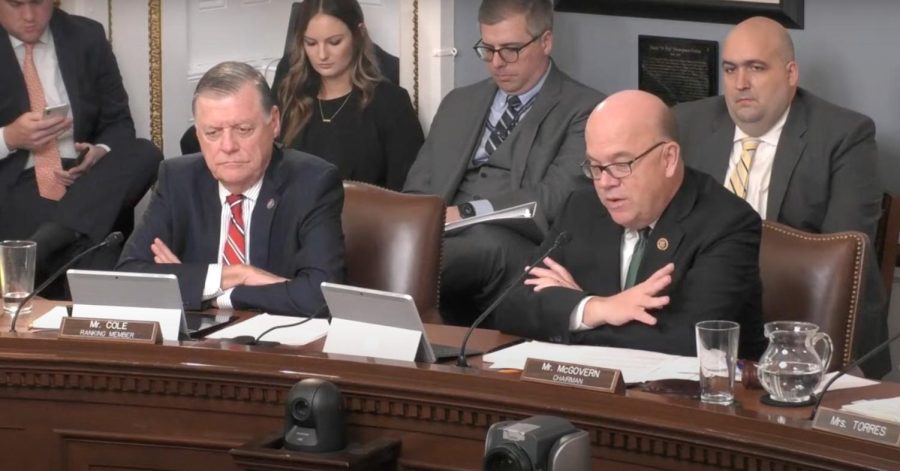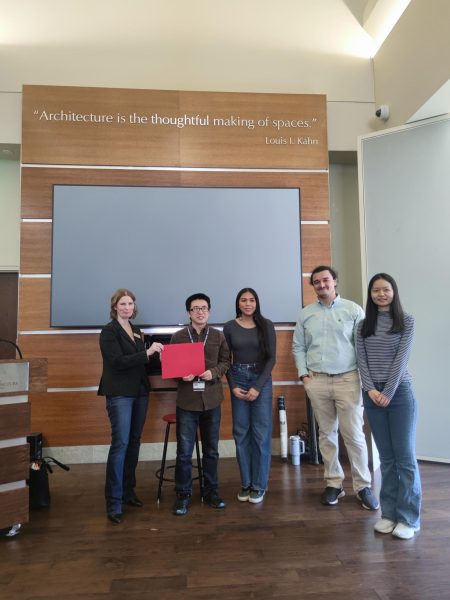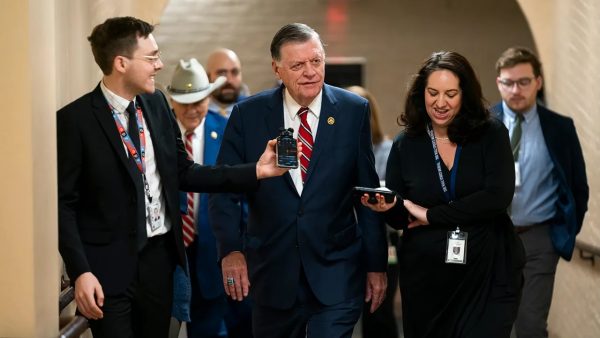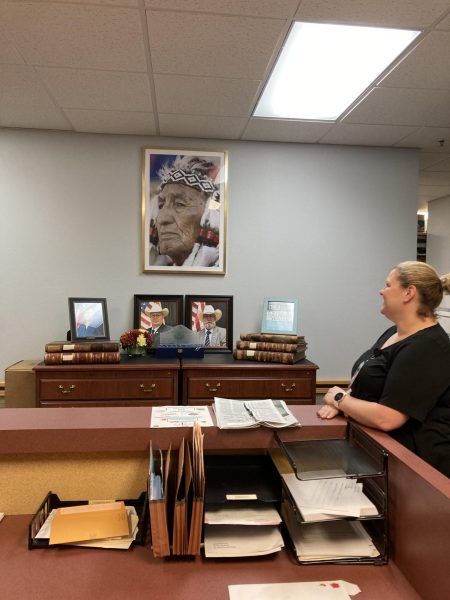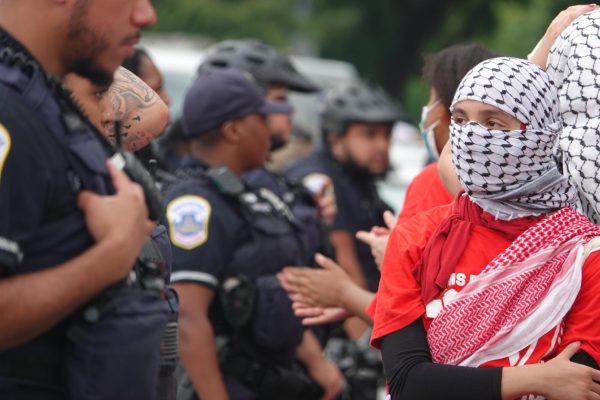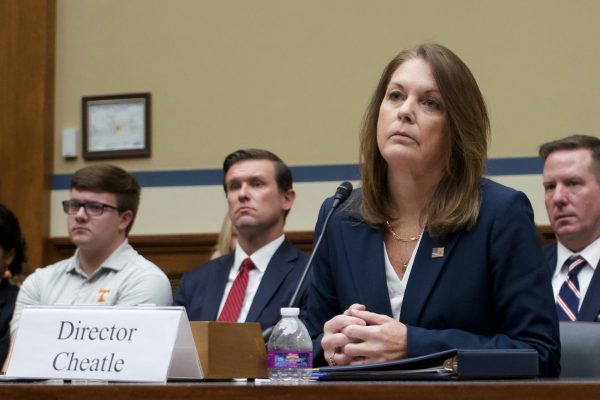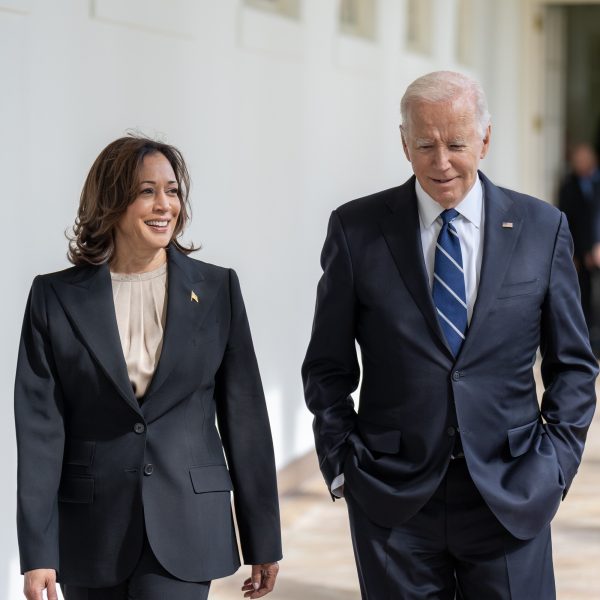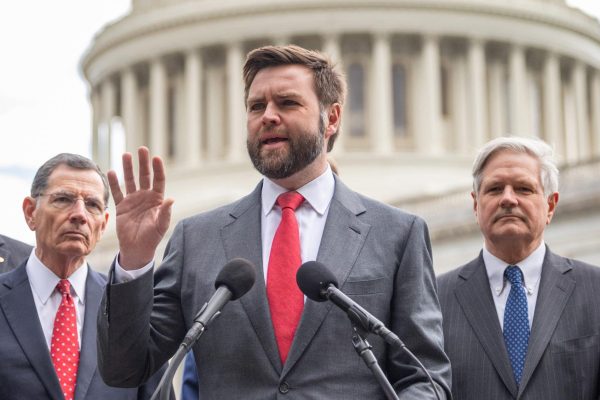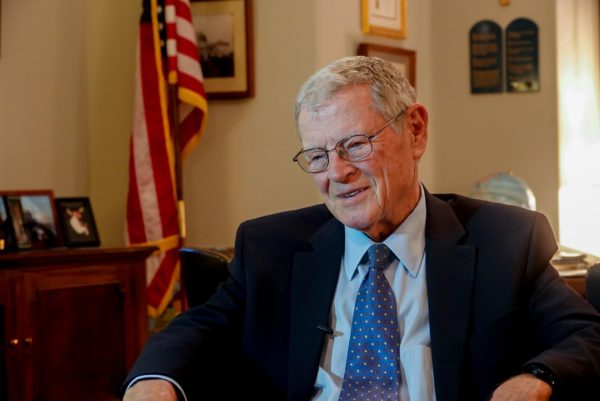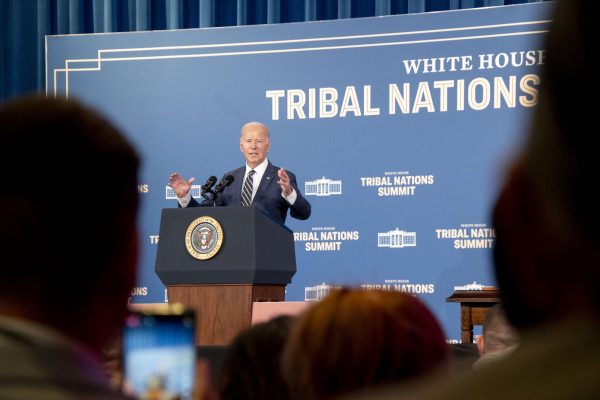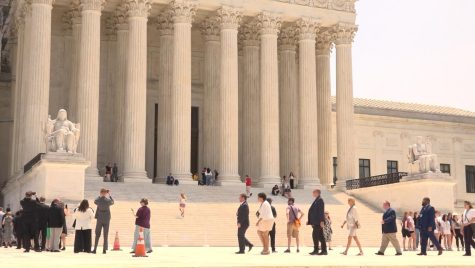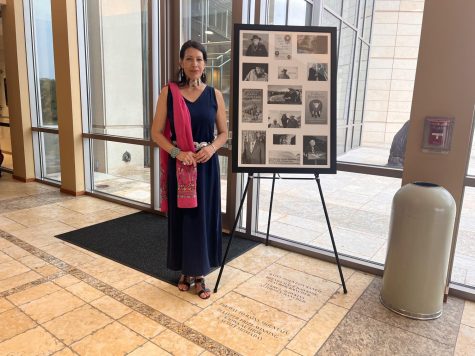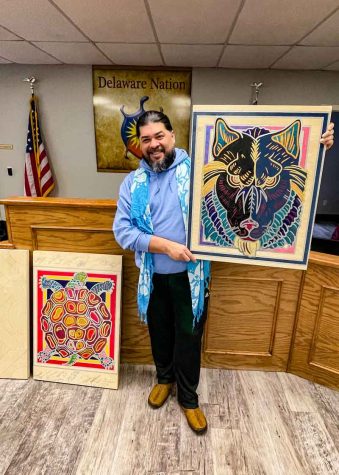House committee meets to consider historic Cherokee delegate
WASHINGTON – The first steps toward potentially seating an appointed Cherokee Nation delegate in the U.S. House of Representatives were taken Wednesday by the House Rules Committee.
The two-hour hearing featured Chuck Hoskin Jr., principal chief of the Cherokee Nation, and U.S. Rep. and Chickasaw Nation citizen Tom Cole, R-Norman. U.S. Rep. James McGovern of Massachusetts, chairman of the committee, opened the hearing with an acknowledgment of the nation’s troubled past with tribal relations and his hope for the future.
“America’s history with the indigenous people that are native to this land is atrocious,” McGovern said. “I’m hopeful that today’s historical hearing opens the new door towards building greater understanding and the possible inclusion of these communities in Congress.”
The hearing was centered around the 1835 Treaty of New Echota, signed between the U.S. Government and the Cherokee Nation. Although protested by Cherokee Chief John Ross and the Cherokee National Council, the treaty was ratified in the U.S. Senate in 1836.
The ratification led to the forced relocation of the entire Cherokee Nation to Oklahoma Territory in what would later be known as the Trail of Tears. In Article 7 of the treaty, the tribe’s right to a delegate in the House of Representatives is clearly outlined.
“They shall be entitled to a delegate in the House of Representatives of the United States whenever Congress shall make provision for the same,” the article states.
In Hoskin’s opening remarks, he highlighted the sacrifices the Cherokee Nation had to make, including forfeiting millions of acres of land, in exchange for a delegate in the House of Representatives as “promised” by the U.S. government.
“Cherokee Nation has in fact adhered to our obligation under the treaty. I’m here to ask the United States to do the same,” Hoskin said. “It’s time for this body to honor the promise and seat our delegate in the House of Representatives.”
Ranking member Cole came out in support of the federal government to honor its “treaty obligations.”
“For far too long in our nation’s history, the federal government accumulated a sorry record of promises to tribes and the breaking of those promises,” Cole said. “I’m glad to see tribes advocating for their treaties with such convictions and today’s hearing represents a starting point of that bipartisan process of recognizing tribal treaty rights.”
One of the main concerns expressed during the hearing was the exclusion of other tribes from receiving a delegate. Four other tribes have made a request for a delegate, citing treaties they made with the U.S. government, including the Choctaw Nation, the Delaware Nation, the United Keetoowah Band of Cherokee Indians and the Eastern Band of Cherokee Indians.
“I think the language of the Treaty of New Echota is the clearest of the treaties of the United States and various tribes,” said legislative attorney Mainon A. Schwartz.
“Cherokee Nation and Cherokee Nation alone is the tribe that is the party to the Treaty of New Echota,” Hoskin said.
If approved, the appointed delegate would have similar roles to that of a non-voting delegate, of which there are currently six. The delegates are granted nearly the same roles as full members of the House including the right to serve on and vote in committees and propose legislation. The appointed delegate would not be allowed to cast final votes on the House floor.
“We are not talking about anything different here than what we already do in multiple cases in terms of how that delegate would act in the authority and responsibilities they would have as members of Congress,” said Cole.
Sitting in the audience was Kim Teehee, the Cherokee Nation’s appointed delegate. Following her time in Washington, including a senior advisor position in the Obama administration, Teehee was appointed the tribe’s first delegate in 2019 by Hoskin.
“I personally believe that delegate Teehee ought to be seated, I think it’s the right thing to do, I think it’s the moral thing to do,” McGovern said in his closing remarks. “So we’ve got to find a way to get this done.”
The Rules Committee will try to arrive at a consensus and reach out to other committees for jurisdiction as they continue to move the proposal forward toward a House vote.
Gaylord News is a reporting project of the University of Oklahoma Gaylord College of Journalism and Mass Communication. For additional stories by Gaylord News go to GaylordNews.net

